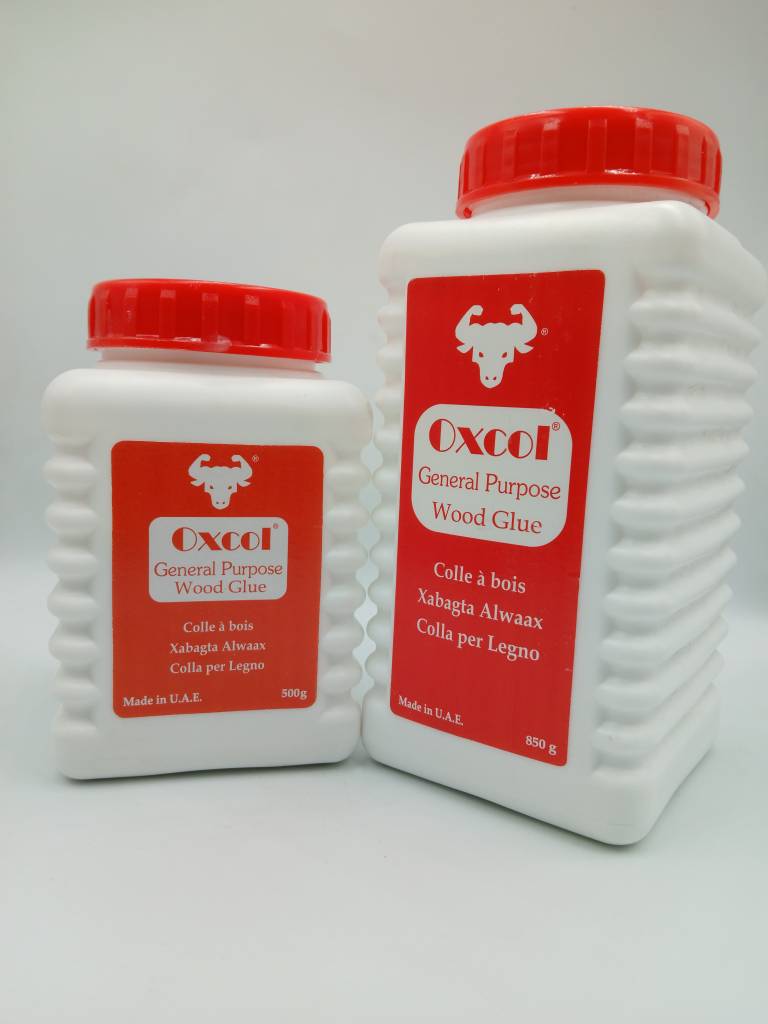Introduction
Fasteners are small components that make a big difference in both woodworking and construction. From large-scale projects to everyday home fixes, they ensure strength and durability where it matters most. Among these options, wire nails continue to play an important role thanks to their simplicity, strength, and wide range of applications.
What They Are
These nails are produced by drawing steel into thin wires and then cutting and shaping them into consistent pieces. The result is a fastener with a sharp tip, smooth shank, and flat head that can be easily hammered into different materials. Their uniform size and sturdy build make them practical for everything from household carpentry to industrial work.
What sets them apart is the precision of their design. Because they are made from continuous wire, each piece has a consistent diameter and strength, unlike older styles of cut nails that often varied in quality. This uniformity ensures a smoother drive, reduces the chances of splitting wood, and provides a tighter grip once embedded. In addition, the material used—most often high-quality steel—offers durability against pressure and impact, making them dependable even in heavy-duty applications.
They are also versatile when it comes to finishes. Some are plain polished, while others are galvanised or coated to resist corrosion, which is especially useful in outdoor construction or environments exposed to moisture. This adaptability in design and finish means they can meet the needs of different industries, from fine furniture making to large-scale building projects.
Features That Stand Out
The biggest advantage of these nails is their adaptability. They come in different sizes, which allows them to fit a variety of tasks without difficulty. Some have smooth shanks for lighter applications, while others include grooved textures to provide extra grip. Because of their straightforward design and ease of use, they continue to be one of the most reliable fastening options in construction and woodworking.
These fasteners are widely used across different sectors, thanks to their versatility and durability. In woodworking, they are essential for furniture assembly and repairs. In construction, they provide support in framing, roofing, and flooring. They are also crucial in packaging, especially in wooden crates and pallets, where strength and reliability are required. Even small household repairs benefit from their effectiveness.
Benefits of Using Them
The advantages of these nails can be outlined clearly:
· Cost-effective, making them suitable for bulk use
· Durable and long-lasting under heavy stress
· Easy to drive into a variety of materials
· Available in multiple lengths and thicknesses
This combination of benefits explains why they continue to be the preferred choice for both professionals and DIY enthusiasts.
Manufacturing these fasteners involves a process designed for efficiency and precision. Steel wire is first drawn to the desired thickness, after which it is cut into shorter lengths. Each piece is shaped into a nail, with the head formed for hammering and the tip sharpened for smooth insertion. Finally, finishing touches such as galvanisation or polishing may be added to improve corrosion resistance and enhance durability.
Continued Importance Today
Even with the growing popularity of screws, bolts, and adhesives, these nails remain highly relevant. Their cost-effectiveness and ease of use make them practical in situations where speed and efficiency are essential. For carpenters, builders, and homeowners alike, they provide a fastening solution that balances reliability with affordability. Their ability to adapt to both heavy-duty and light tasks ensures they remain an essential tool in every toolkit.
Another reason they remain highly relevant is their balance of strength and simplicity. They can handle tasks that require strong joints yet are subtle enough for projects where a clean finish is necessary. Whether it’s furniture making, flooring, roofing, or everyday repairs, their versatility ensures that they remain a first choice for quick, reliable fastening.
Some of the factors that keep them indispensable today include:
· Affordability compared to screws or speciality fasteners
· No need for power tools or complex installation methods
· Compatibility with both heavy-duty construction and light household tasks
· Availability in a wide range of sizes and finishes to suit diverse projects
Because of these qualities, they are not just a traditional option carried forward—they are a proven solution that continues to meet modern demands. Their relevance lies in the fact that sometimes the simplest tools remain the most effective.
Conclusion
The durability and adaptability of wire nails have secured their place as one of the most reliable fasteners across industries. Whether applied in professional construction or small household projects, they provide a practical balance of strength, affordability, and simplicity. Their consistent performance ensures they will remain indispensable in woodworking, packaging, and building for years to come.




Add Comment